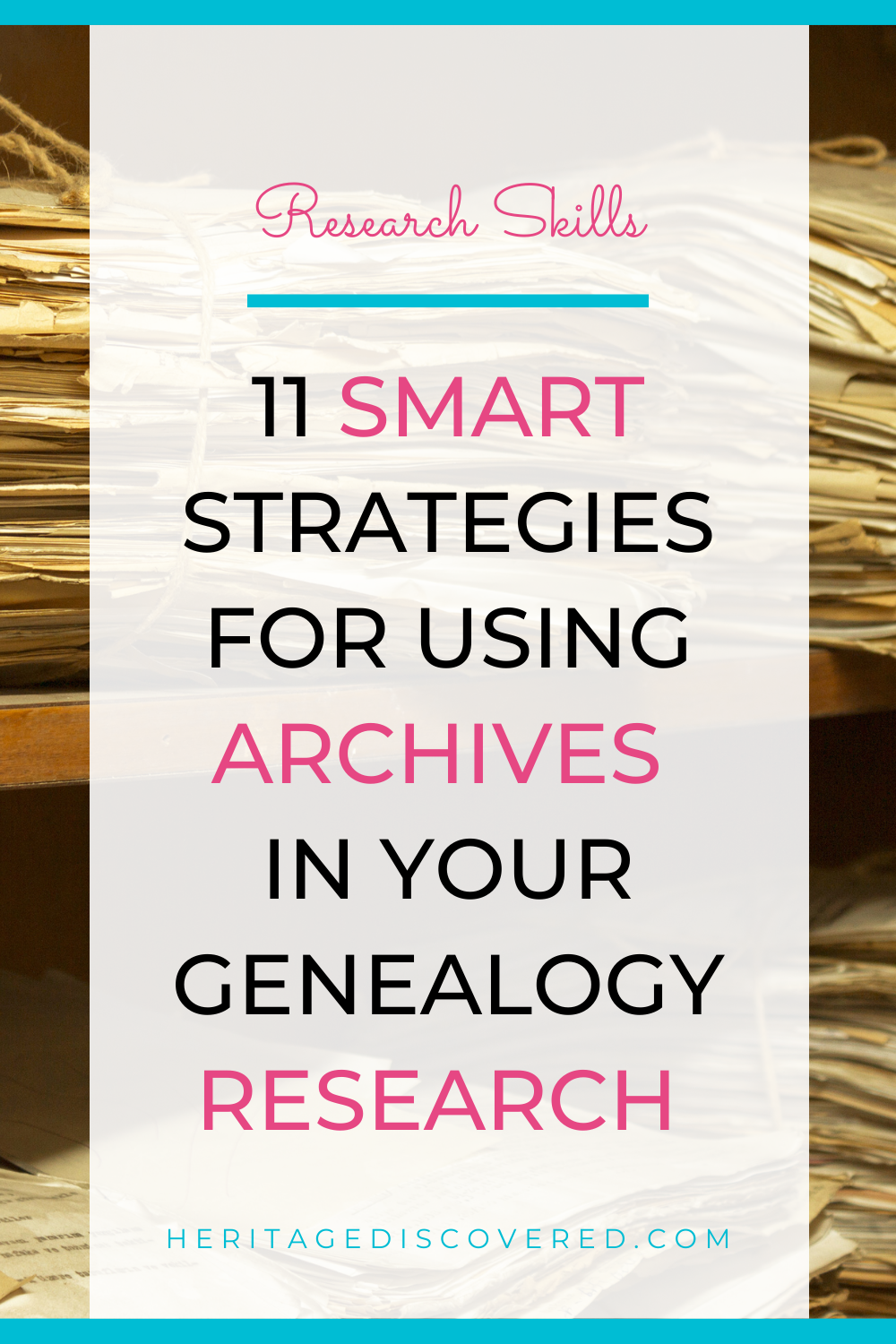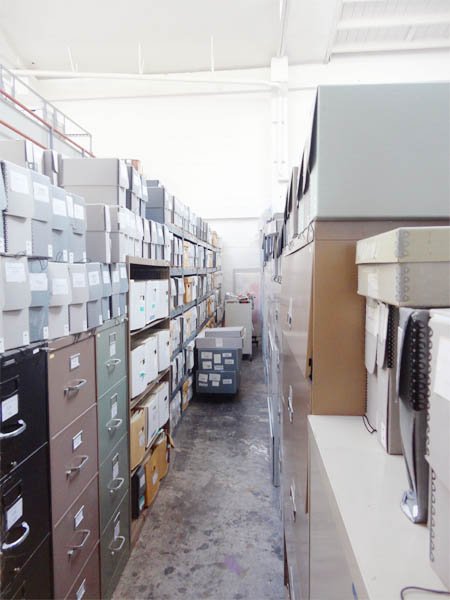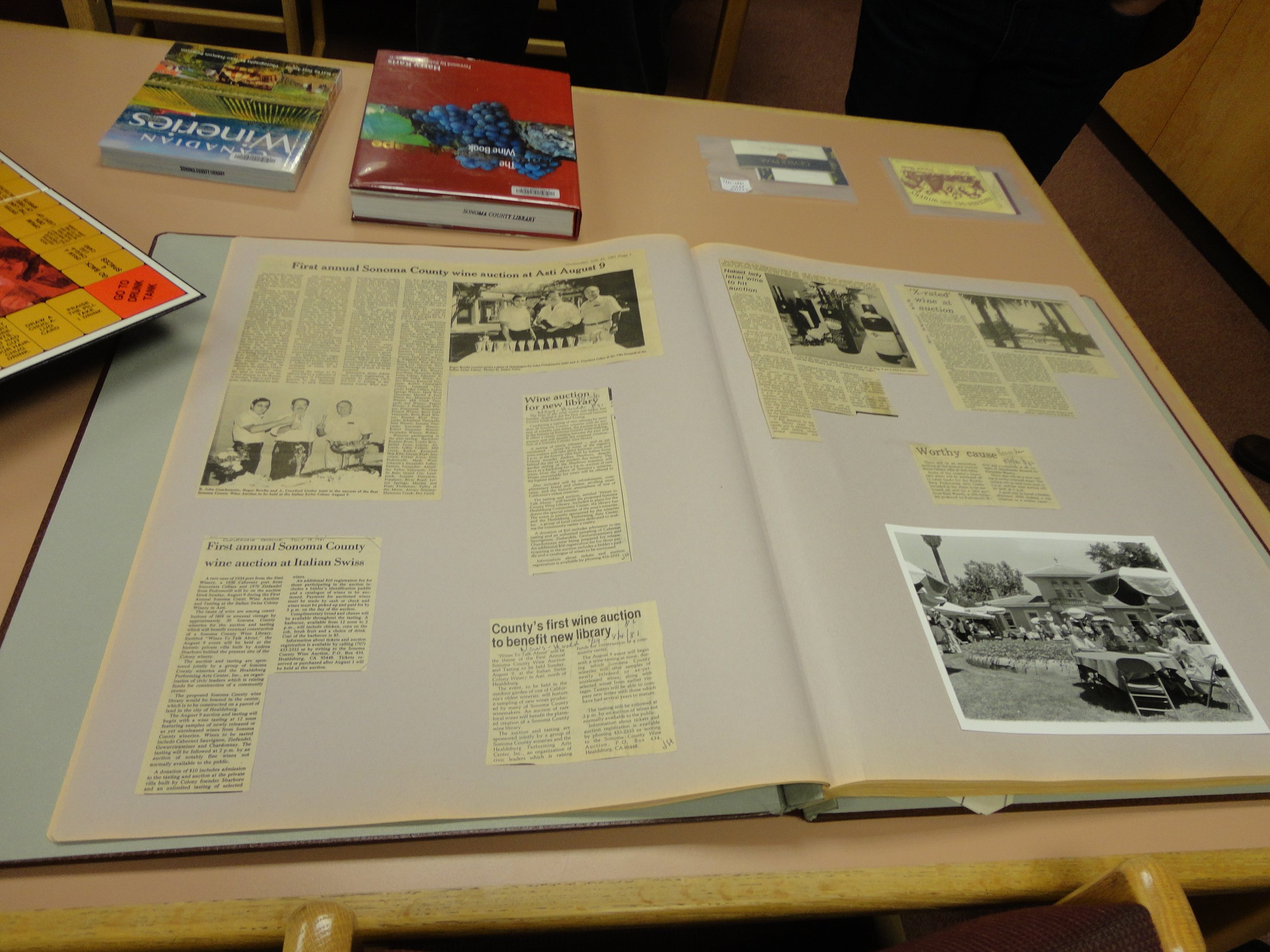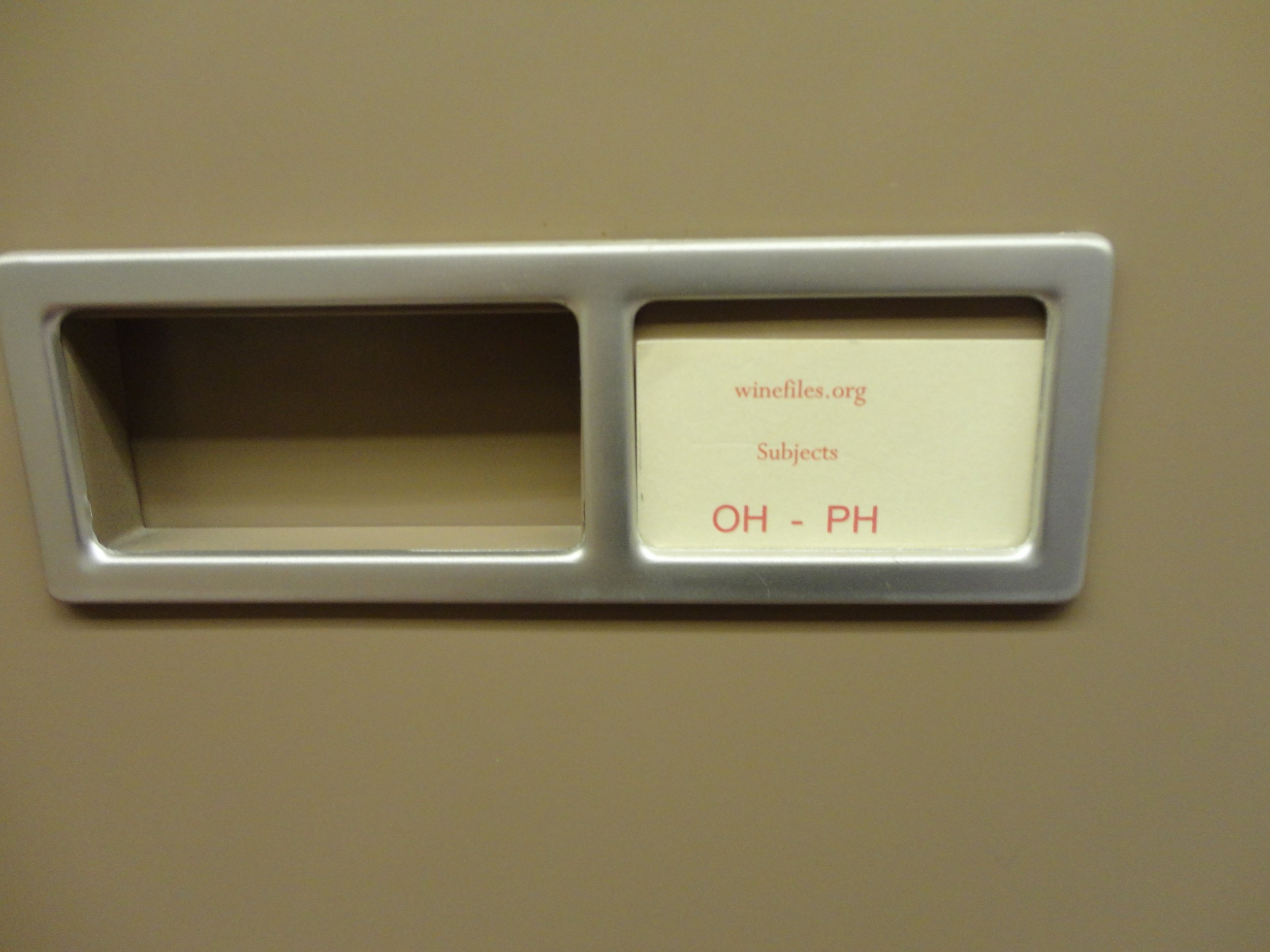Why Archive Research is a Game-Changer For Your Genealogy Journey
*This post may have affiliate links, which means I may receive commissions if you choose to purchase through links I provide (at no extra cost to you). All opinions remain my own.
We often start our family history research with websites like Ancestry and FamilySearch. These mega-sites have made genealogy research easier than ever before.
And even though these websites are always adding new records, at some point you’re going to find everything you can about your family. At least until more records get digitized.
In truth, this can happen quite fast depending on who you’re researching and when and where they lived.
When you’ve exhausted the records that are online, if you want to keep building your family tree, archive research is the next step.
In this article, I’ll share why archives are so important for family history research, as well as tips on how to identify and use archival collections.
Related posts:
Why You Need to Use Libraries and Archives in Your Genealogy
6 Ways the Library of Congress Online Collections Can Help Your Genealogy
How and Why to Research Your Collateral Ancestors
What are archives?
An archive is an organization dedicated to preserving the permanently valuable records of a specific group. This could be a locality like a city, an organization like a college, or an ethnic or religious group.
“Permanently valuable records” vary by the repository’s mission and can include things like:
scrapbooks
diaries
business papers
military records
letters
oral histories
court records
photographs
Image credit: personal photo of mine
Examples of archives you can use family history
There are a lot of archives out there, many of which can benefit your genealogy research, and their special collections vary widely.
Some typical types are:
Academic. College and university archives often have manuscript collections related to the school and the community it is in.
Locality-based, including city, state, and national. These collect materials relating to a specific place. The National Archives has a ton of items you can use in your genealogy. Every state has an archive, as do many counties.
Historical and genealogical societies. Genealogical and historical societies typically focus on archival materials relating to local history and families.
Special collections. There are archival resources for almost every kind of topic you can think of. For example, corporate archives, religious archives, and ones for associations and clubs, like the Freemasons.
Museums are another type of specialty repository.
Related posts:
Solve Your Genealogy Brick Wall: How To Research A Last Name In An Area
Solve Your Genealogy Brick Wall: How To Evaluate Your Sources
Solve Your Genealogy Brick Wall: Review and Analyze Your Research
Why is archival research important for genealogy?
First, the unfortunate truth is most genealogy records aren’t digitized and are living in a repository somewhere. Most of these records won’t ever get digitized because of the costs involved and the sheer number of documents a repository has.
We need to add archival research to our process to ensure that we have as many resources as possible to learn about our family.
We also always want to strive for “reasonably exhaustive research.” This doesn’t mean tracking down everything ever created about someone (although that would be nice!). But it does mean we want to use a variety of records in a variety of places to get the most information about our ancestors. We have to expand the resources we use beyond the big database websites, no matter how convenient they may be.
Archival research can also help you uncover new records to help with brick walls, like ancestors with common names or those who changed their name. They have records that we use on the big websites but haven’t yet gotten digitized, like ethnic newspapers and other local papers.
Most of all, archival research means discovering family stories that you would never see anywhere else through unique items that will never be online.
The possibilities of what you can stumble open are endless. In a university archive in Vermont, I found Civil War-era letters written between my 3x great-grandmother’s siblings. Although she didn’t write any of them, a couple of them mentioned her and her daughter wrote one.
The bottom line is that censuses and many other records available online records are fabulous for getting a basic picture of a family. But it’s in the archives that you’ll uncover true gems like letters between siblings about how much they miss their mother.
Related posts:
6 Common Genealogy Mistakes And How To Avoid Them
7 Simple Steps To Creating A Genealogy Timeline (And Why You Need One)
Image credit: Personal photo of mine
What is the difference between library research and archival research?
A lot of genealogists are familiar with researching in libraries, especially places like the Family History Center or the Allen County Library.
Both libraries and archives may have diverse collections of books, audiovisual items, electronic records, and other materials. They also have finding aids about what their collections hold. However, archival resources are often unique, one-of-a-kind, unpublished items. Libraries, on the other hand, typically have published works.
Is archival research reliable?
Archival collections include original records created by those who witnessed an event, which are the sources we most want to seek out for our family history. Because of this, they are often very reliable sources of information.
Like any other source you use, back up the information you find in archival records with additional supporting records.
What is the first step in archival research?
The first step to take is to identify which archives may have records about your family.
This can sometimes feel overwhelming. Where can you even begin to look when there are archives all over the world?
I have three tips for locating archives that may have information about your ancestors:
1) Search for the archives in the area where your family lived. Use Google or the FamilySearch wiki to see what exists in the place your ancestors were from. Using a locality guide can help you keep track of the repositories in the areas you’re researching.
2) Use online finding aids to locate collections that may have records about your family. Three big ones to start with are ArchiveGrid, the Digital Public Library of America (includes archival collections), and the Online Archive of California.
Even if your family didn’t live there, try the Online Archive of California. There are items in California archives from people who never stepped foot in the state, like letters they sent to others.
3) Write down the key characteristics of your ancestor and see if there’s an archive related to it. For example, their occupation, religion, ethnicity, and any clubs they were in.
How to use archives for genealogy research
Using archives for research can be time-consuming. This is especially true if you have to travel there. But there can be big rewards for making the time to use archival materials.
Set yourself up for success by preparing as best as you can ahead of time.
Here are some best practices for preparing for archival research:
1) Start with the basics. What is their contact information and website? What hours and days are they open?
2) What rules do they have? Most of them will have rules, like what you can bring inside. Note that you won’t be able to bring in bags. You likely also can’t bring in notebooks or any papers, but this changes from place to place.
3) Think about logistical needs. Are there restaurants or places to grab a coffee nearby or do you have to drive?
4) What amenities do they have for patrons? Like book cradles and scanners?
5) What accessibility options do they have if you need them? Do they have accessible parking and restrooms? Are there wheelchair ramps and/or elevators?
6) Make a list of what you need before you go. Take the time to search the online catalog to see exactly what they have that can support your research.
7) Request the boxes you need and make an appointment. Okay, you’ve done all your prep work and are ready to visit!
The next key step is to request any archival materials you need and make an appointment if needed.
8) Be sure to also check for vertical files. When you visit any repository, see if they have vertical files. These are folders in file cabinets that relate to a specific subject, like a surname or place. They can have things like genealogies, pedigree charts, surname newsletters, and photographs.
Image credit: Personal photo of mine
9) Cite your sources. As you go through everything, be sure to record where you found the information.
10) Keep everything in order. As you use any archival collections, keep the items within the folders and boxes in the same order as you found them, especially loose papers. There’s often a reason that things are in a particular order.
11) Be kind to the staff. This should go without saying, but sometimes things happen. Be courteous. Remember that they may be short-staffed and busy.
They’re likely not genealogists and are happy to aid you, but don’t share your whole family history when asking for help. Clean up your area when you leave. Follow the rules about where to put things when you’re done with them.
If you need some help with getting ready to research in an archive, use a repository visit checklist so you don’t forget anything!
Related posts:
31 Family History Interview Questions to Bring Out Their Memories
Why Local History Books Are More Important Than You Think For Genealogy
Final thoughts
Using archives for family history research is an excellent way to discover unique records about your ancestors. There are many kinds of archives all over the world and chances are, you can find your ancestor in at least a couple of them!




